Member Groups
The Conservation Council is a not for profit, non-government representative organisation, we act as an umbrella for member groups. We believe in empowering the local environmental community.
We aim to strengthen and grow the collective movement for ecological and climate justice. We believe this can be achieved by working together, collaborating across backgrounds, beliefs and sectors, empowering our community and providing a hub for action and resources.
Find the details of our Member Groups below.
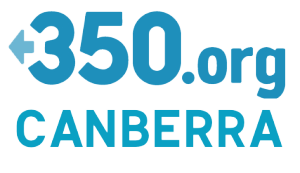
350.org Canberra is a branch of the national 350.org organisation. It is powered by volunteers, with folks from all walks of life taking part in local climate campaigns. They engage with the ACT Government, calling on them to divest from fossil fuels — they support movements that are standing up to the fossil fuel industry on the frontline — and are connecting the local with the global climate movement. 350 means climate safety. To preserve the planet, scientists say it is necessary to reduce the amount of CO2 in the atmosphere from its current levels of nearly 400 parts per million to below 350 ppm. But 350 is more than a number – it’s a symbol.
- Visit: www.350.org.au
- Email: info@350.org.au

ACT Australian Conservation Foundation Community is a local group of volunteers who are part of the Australian Conservation Foundation (ACF). ACF is a national organisation of people who act to protect our natural environment, biodiversity and to solve the climate crisis. ACF is proudly independent and funded by donations from our community.
The ACF Canberra Community meets on a monthly basis (generally third Sunday at 1pm) for members to connect and share information, create campaigns and plan activities.
- Visit: https://www.acf.org.au/group_canberra
- Email: acfcanberra@gmail.com
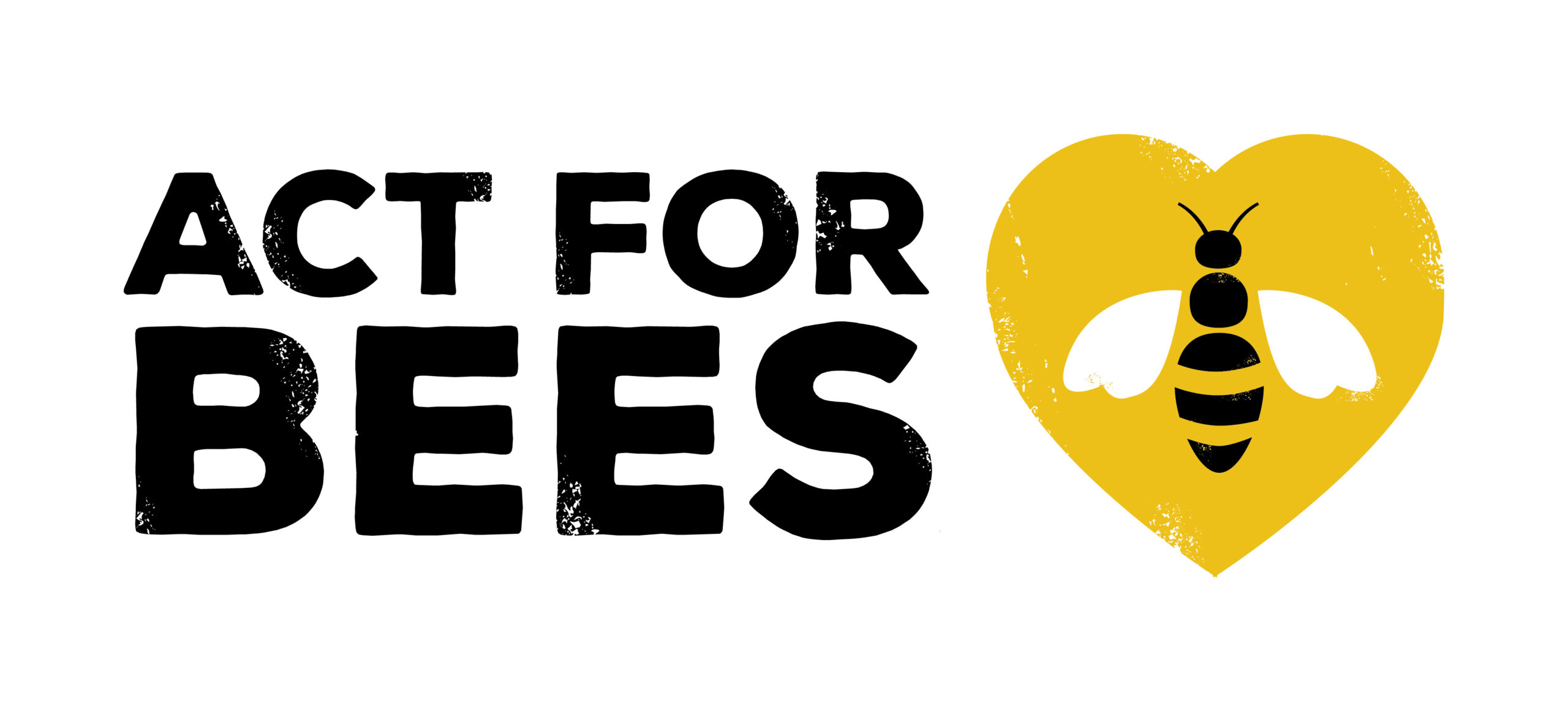
ACT for Bees aims to educate people about the importance of bees for pollination and our food and ways to be ‘bee friendly’. ACT for Bees visits markets, Festivals and Sustainability Conferences teaching about the importance of bees for pollination of our food and ways to be ‘Bee Friendly’.
- Visit: www.actforbees.org
- Email: actforbees@gmail.com
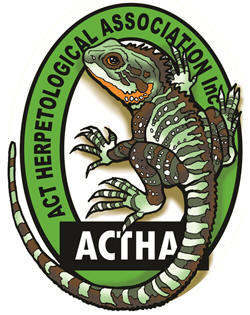
ACT Herpetological Association aims to promote the study and conservation of reptiles and amphibians, and to foster a positive community attitude toward this group of animals. The group provides grants to projects aimed at furthering herpetofauna protection and recovery, education, training, and research projects. Its major annual event is the Snakes Alive Exhibition at the Australian National Botanic Gardens, which attracts over 4000 attendees each year.
- Visit: http://www.actha.org.au/
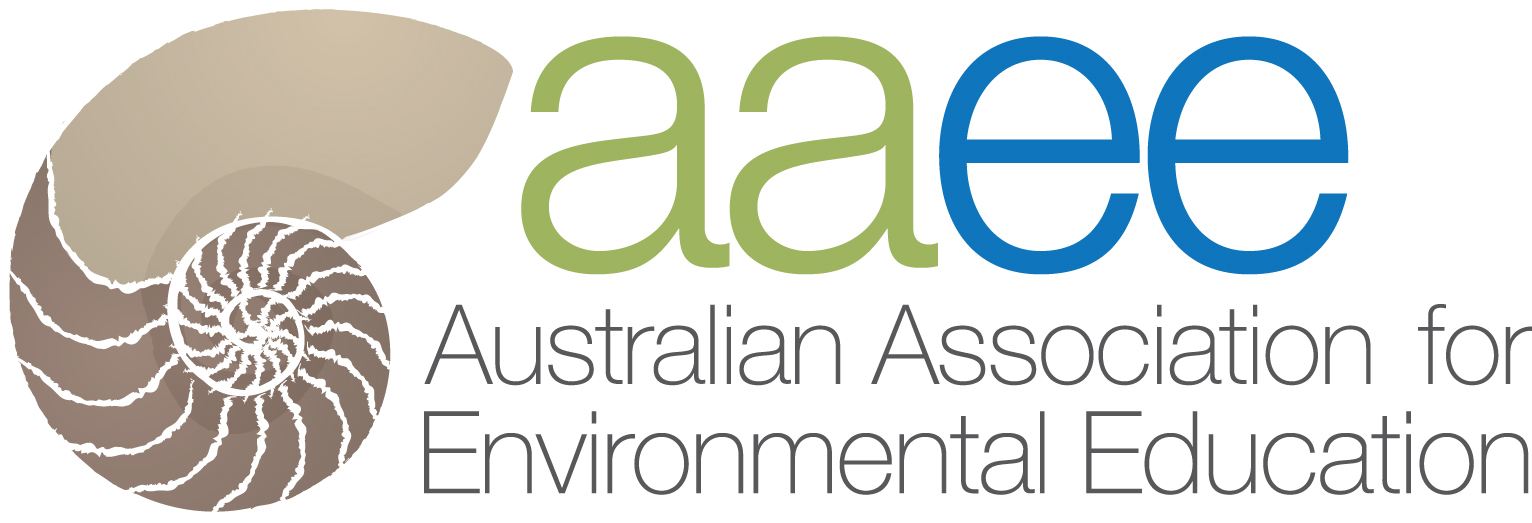
Australian Association for Environmental Education ACT Chapter aims to ensure the environmental education network can connect, develop and professionally mentor environmental and sustainability educators across a wide range of organisations. Read more about our approach to improving environmental education and education and learning for sustainability in ACT schools here.
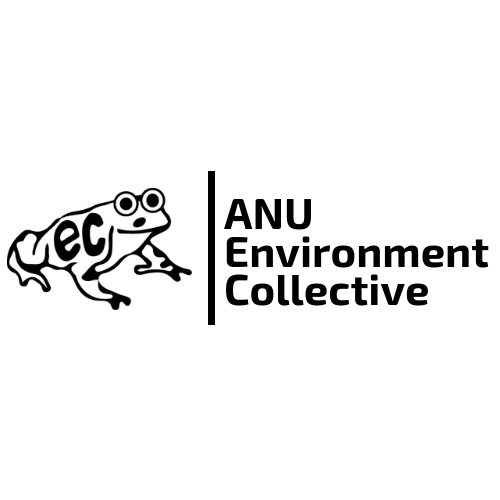
ANU Students Association Environment Collective (ANUSA) is for students who want to engage with environmental issues. Their work includes organising events such as film screenings and talks on environmental topics. They run campaigns including one to encourage people buying coffee on campus to bring their own reusable cups. Additionally they organise training for skills related to environmental advocacy. Some of their work is done in cooperation with other groups.
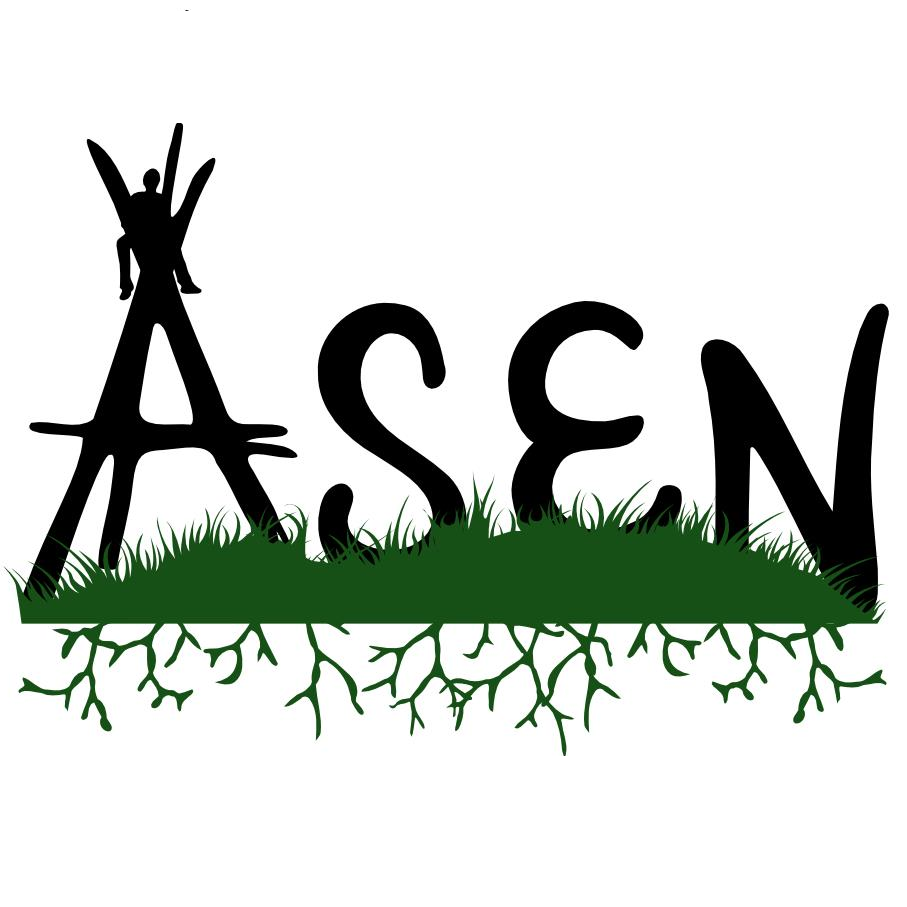
Australian Student Environment Network (ASEN) Canberra is part of the network of student environment groups from around Australia committed to building grassroots movements for change. They actively work for environmental and social justice through transformational and empowering collective action on a range of critical ecological and social issues. They recognise that Aboriginal sovereignty was never ceded, and work in solidarity with Aboriginal struggles. ASEN organise an annual national environment conference called Students of Sustainability, a national skillshare and local and are campaigning nationally on climate change, divestment from fossil fuels and exposing the truth about the mining industry.

Australian Electric Vehicle Association – ACT Branch (AEVA ACT) is a volunteer-run, not-for-profit organisation dedicated to promoting electric vehicle technology (including cars, trucks, buses, bikes and scooters) in the ACT. Members include early adopters and DIY enthusiasts who have converted petrol cars to EVs. Their key motivations include abating emissions and decreasing Australia’s dependence on imported fossil fuels. They celebrate the fact that EVs are cleaner, quieter, safer and more reliable. AEVA ACT meets on the third Monday of each month.
- Visit: www.https://aeva.asn.au/ACT/
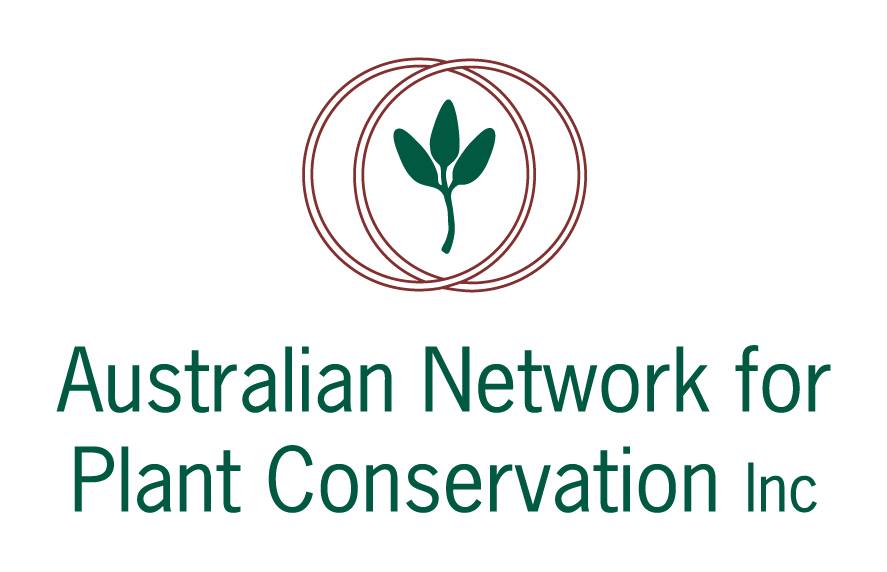
Australian Network for Plant Conservation (ANPC) aims to “Promote and develop plant conservation in Australia.” The ANPC: is a forum for the exchange of information and ideas, publishes findings from current research and on-ground practice, publishes plant conservation techniques and guidelines, holds workshops and courses in conservation and rehabilitation techniques, promotes an ecological focus in on-ground conservation, rehabilitation and management of remnant vegetation, threatened plants and ecological communities and holds a biennial national conference alternating with a themed forum, with associated workshops (1st forum in 2007).
- Visit: www.https://www.anpc.asn.au
- Email: anpc@anpc.asn.au

Canberra Bushwalking Club offers great walks to its members throughout the bush capital. In a week, their program can offer shorter walks to one of the hilltops in the Canberra urban region, day walks in one of the national parks or nature reserves, or longer weekend walks. The club also runs additional activities – for example a series of day walks from budget accommodation in an alpine area, or a ten day, carry-everything adventure through remote parts of Kakadu. Other activities include cross-country skiing, canoeing, cycling and canyoning. The Club also runs classes on finding your way in the bush – map and compass navigation as well as GPS navigation.

Canberra Environment Centre is a non-profit environmental education centre. It works directly with the community to ensure the best environmental outcomes for the ACT through targeted education, information and practical application. They recognise that a healthy and vibrant community is much more able to take care of itself and its environment than a fragmented one.
- Visit: www.canberraenvironment.org
- Email: info@ecoaction.com.au
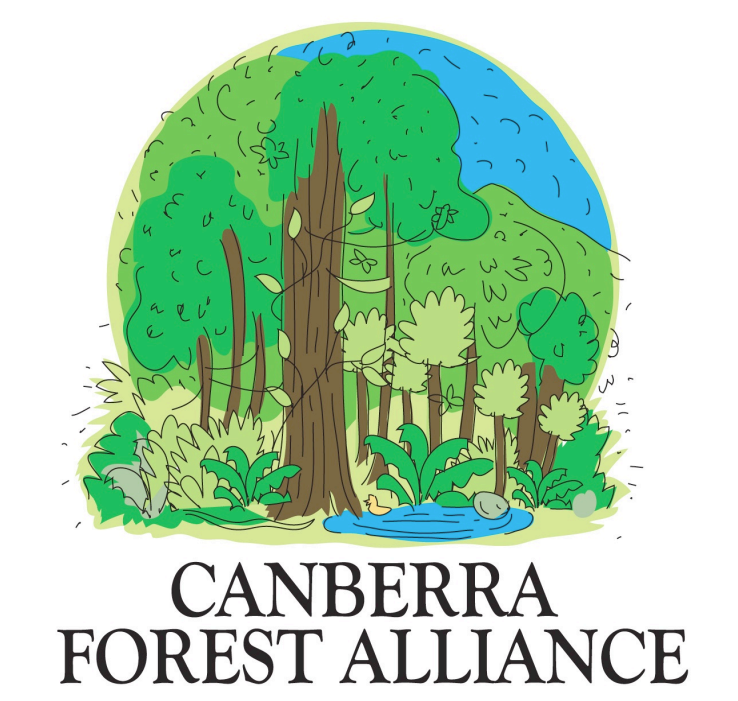
Canberra Forest Alliance (Forest Network) is working to protect forests and wildlife, promote parks and reserves, and restore Australia’s natural environment
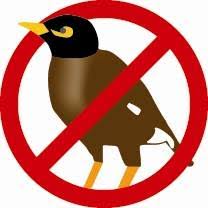
Canberra Indian Myna Action Group Inc (CIMAG) is a non-profit association aimed at tackling the Indian Myna problem in Canberra and the surrounding region. The group keeps informed of developments via an email network and has a managing committee. They work in cooperation with our local animal welfare organisations.
- Visit: www.indianmynaaction.org.au
- Email: handke@iinet.net.au
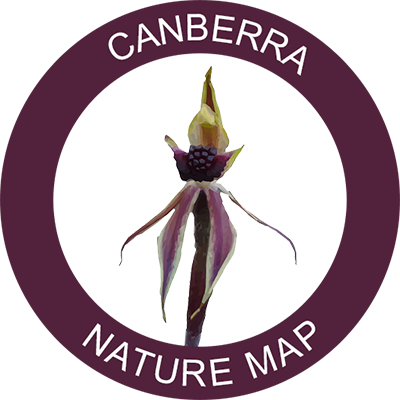
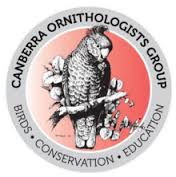
Canberra Ornithologists Group produces a monthly newsletter, Gang-gang, and a journal, Canberra Bird Notes (CBN), which is produced three times per year. Both can be read on COG’s website but only CBN is available in printed form. Meetings: Meetings are held monthly at 7.30 pm on the second Wednesday of the month (except January) in the Theatre at the top of Gabriel Drive, Canberra Girls Grammar School, Gawler Cres, Deakin. Field Trips: Planned COG outings are listed in the Gang-gang newsletter each month. A list of outings is maintained on the website. Records: COG has a long history of keeping observation records, including the Garden Bird Survey, regular Woodland Surveys, incidental observation reports and the annual Bird Blitz.
- Visit: www.canberrabirds.org.au
- Email: cogoffice@canberrabirds.org.au

Climate Action Canberra is the local chapter of several national campaigns and also works with other Canberra groups to cut the city’s CO2 emissions. They aim to act as a hub for information and an entry point for people to facilitate their engagement in climate change issues. They lobby our Federal and Territory governments, write submissions, organise forums, rallies, films, stalls, media events, conferences and social gatherings.
- Visit: climateactioncanberra.org
- Phone: 0417 048 217
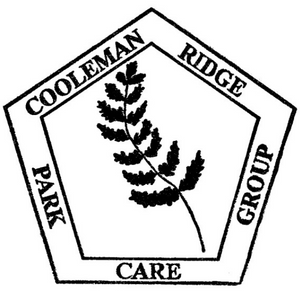
- Visit: coolemanridge.org.au

Extinction Rebellion ACT is the local group of Extinction Rebellion, a global movement demanding climate and ecological justice to halt mass extinction and minimise risk of social collapse. We are facing an unprecedented global emergency. XR meets monthly and holds regular events and actions for you to get involved with.
- Visit: https://ausrebellion.earth
- Email: xr-act-admin@protonmail.com
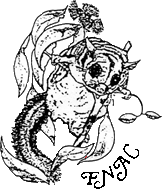
Field Naturalists Association of Canberra is an enthusiastic group who encourage interest in the natural environment. They enjoy monthly talks about Natural History and organise outings, such as bushwalks and visits to reserves in the Canberra region. Walks are leisurely, allowing for the appreciation of the region’s diverse flora and fauna. They share observations of local species and habitats during these activities and in a monthly newsletter, the Field Natter.
- Visit: http://fieldnatsact.com/
- Email: rosemary@blemings.org
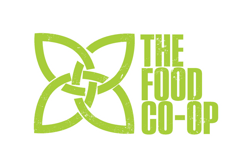
Food Co-op Shop & Cafe is a not-for-profit food co-op that knows good food. They stock local, fresh, organic, sustainable, natural, Fair Trade, ethical, bulk and affordable products. Members own the Co-op, share the benefits of it and have the opportunity to work in it. The Co-op is managed with consensus-based decision making and all members are invited to participate. The Co-op employs two part time managers. Members act as volunteer co-ordinators staffing the store, and perform the other tasks required to keep the Co-op operating.
- Visit: https://cbrfoodcoop.org.au/
- Phone: 02 6230 7505
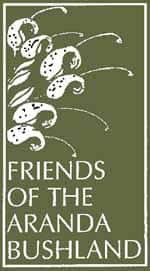
Friends of Aranda Bushland is a park care group interested in conserving and promoting their natural bushland environment, and adjoining bushland areas. The Aranda Bushland is a 100 ha reserve of eucalypt forest and woodland on the southern slopes of Aranda Hill, the north side being the suburb Aranda. It adjoins Black Mountain Reserve to the east and The Pinnacle Nature Reserve to the west, and forms part of Canberra Nature Park, a network of urban open space reserves throughout the national capital.
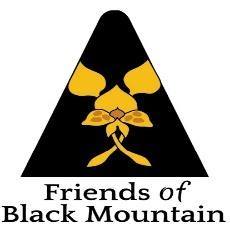
Friends of Black Mountain is a non-profit voluntary organisation dedicated to conserving and promoting the biodiversity of Black Mountain. It is aimed at encouraging interest in the reserve, build a record of its biodiversity and values, and promote its uniqueness within and beyond the ACT region.
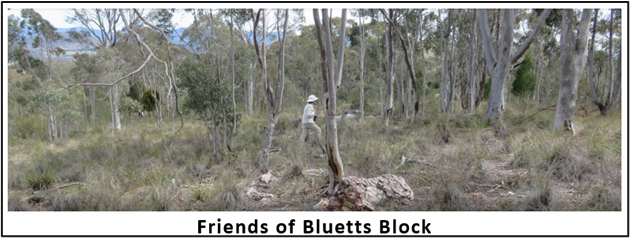
Friends or Bluetts Block (FOBB) is dedicated to protecting the best large piece of high quality bushland in the inner-south of Canberra. Situated in the Molonglo Valley, the Block’s varied habitats include Box Gum Grassy Woodland, Dry Forest and Natural Temperate Grassland. These environments allow for a high diversity of plants and animals, including many rare species, and the area is an important connectivity link for wildlife. However, Bluetts Block is threatened by large new housing developments along two sides, which risk degrading the environment by introducing weeds, predation by domestic animal and loss of habitats essential for refuge and reproduction. FOBB works to minimize the impacts of urban development and to advocate for the Block to become a properly resourced nature reserve. We have also proposed that the land be renamed to reflect its First Nations history.
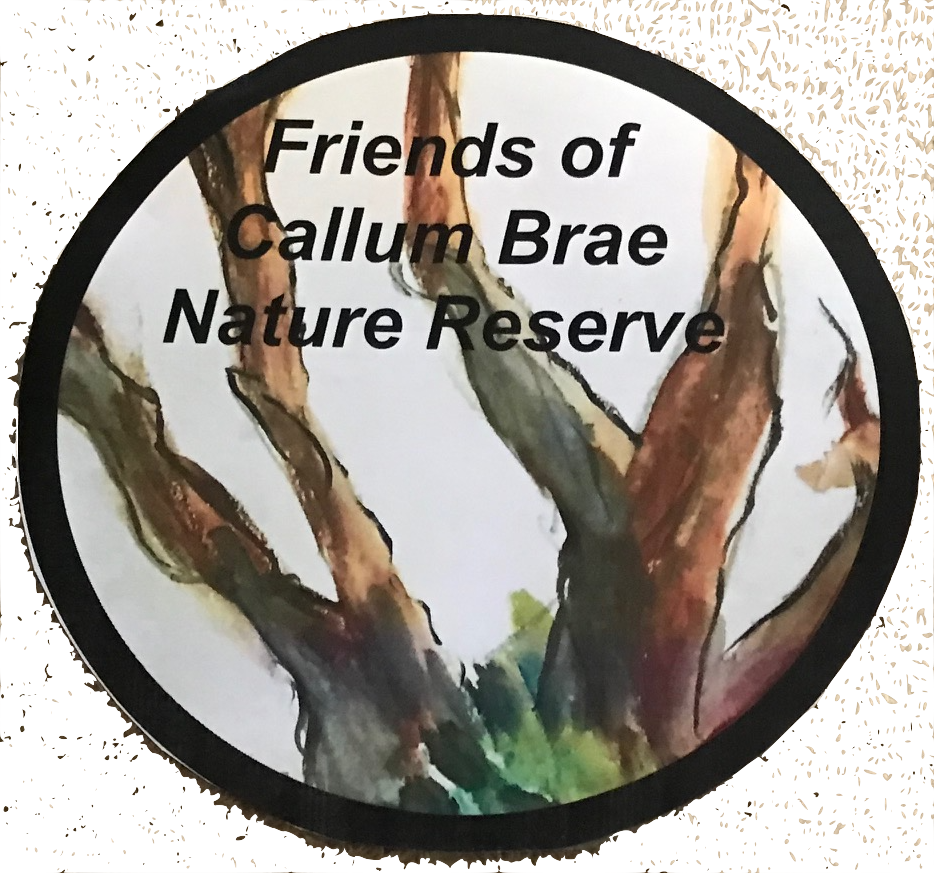
Friends of Callum Brae Nature Reserve is a community group of people interested in enjoying and protecting the nature reserve, (entrance on Narrabundah Lane, near Mugga Lane). We advocate to protect Callum Brae Nature Reserve, which is home to one of the largest, best-connected and most diverse areas of critically endangered Yellow Box–Blakely’s Red Gum Grassy Woodland remaining in Australia. Membership is open to all interested people. Join us!
- Email: callumbraefriends@yahoo.com
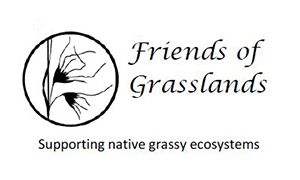
Friends of Grasslands Friends of Grasslands (FOG) is a community group dedicated to conservation of natural temperate grassy ecosystems in south-eastern Australia. FOG advocates, educates and advises on matters to do with the conservation of grassy ecosystems, and carries out surveys and other on-ground work. Its members include professional scientists, landowners, land managers and interested members of the public.
- Visit: http://www.fog.org.au/
- Email: info@fog.org.au
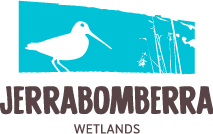
Friends of Jerrabomberra Wetlands focuses on collaborating with local residents and conservation, management, heritage, education, Aboriginal and recreational groups in the restoration and maintenance of the Wetlands. This involves supporting the practical management of weeds and pest animals, conducting outreach programs to raise awareness, and fostering local involvement in rehabilitation and recovery campaigns.
- Email: friendsofjerrawetlands@gmail.com
- Phone: 0439 411 325

Friends of the National Arboretum Canberra are a non-profit community organisation, comprised of dedicated volunteers interested in supporting the National Arboretum Canberra as it evolves into a unique attraction of international renown.

Ginninderra Catchment Group is an incorporated umbrella group of community volunteers working in the water catchment of the Ginninderra Creek. The primary focus of the Group is advancing the health of the Ginninderra Catchment through effective engagement with government, agencies, business, schools and the catchment community. We have a strong commitment to community education and capacity building and seek to create diverse opportunities for people to become involved in catchment management, decision-making and on-ground action.
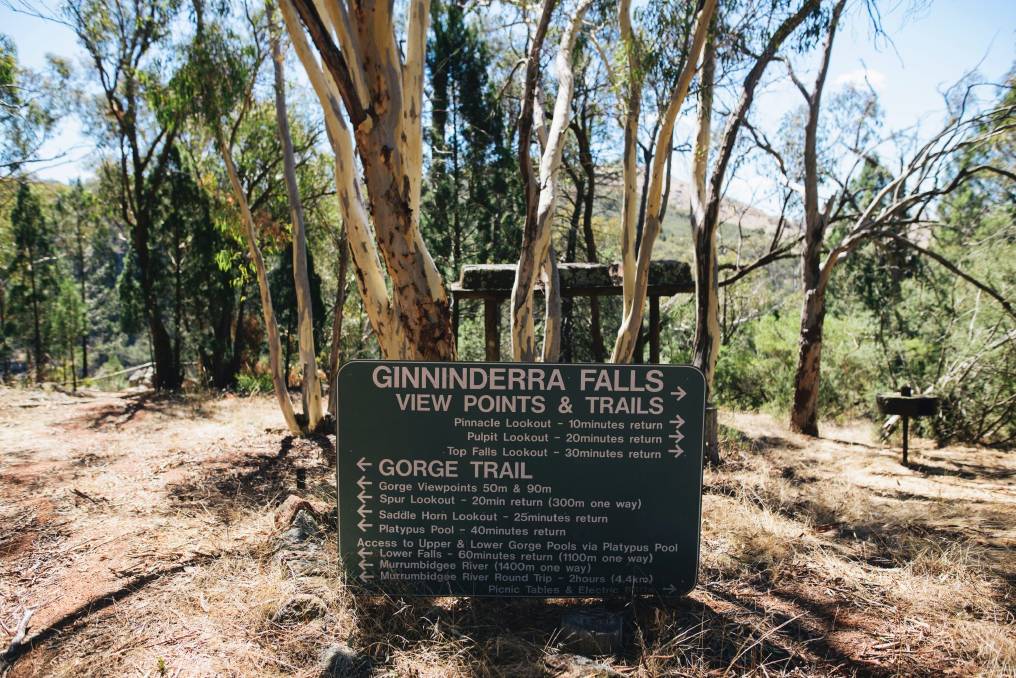
Ginninderra Falls Association was formed in 2011 to lobby for public access to the Ginninderra Falls which have been closed to the public since 2004 when the then Falls Park was closed due to excessive costs of providing Public Risk Insurance. Subsequent to the formation of GFA, Riverview Pty initiated the West Belconnen (ACT) and Parkwood (NSW) urban development project collectively now known as “Ginninderry”. Given that development proposal, GFA’s focus has expanded to not just the immediate Falls area but the entire Murrumbidgee Corridor region extending south from the Falls and the threat of urban development to it.

The Ginninderry Conservation Trust works to protect and enhance the ecosystems in the north eastern section of the Murrumbidgee River Corridor and New South Wales. The area it manages is bounded on one side by the Ginninderry urban development and a key role for the Trust is working with the ACT community through outreach, restoration and research projects to ensure the ecological viability of the land it manages. Included in this area are examples of nationally significant ecosystems and threatened species which are a focus of the Trust’s plan of management.
- Visit: https://www.ginninderry.org/
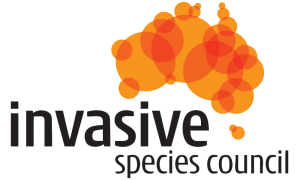
Invasive Species Council Many of our endangered native animals are in a race for survival against invasive species as governments and conservation organisations struggle to keep them from becoming yet another statistic on the global extinction list. That’s why we are focusing our energies on preventing new invasive species from entering and becoming established in Australia.
- Visit: www.https://invasives.org.au

Kosciuszko Huts Association(KHA) is a voluntary association formed in 1971 to assist with the conservation, management and reconstruction of huts, homesteads and surrounds within Kosciuszko National Park in southern NSW. Their activities expanded into Namadgi National Park in the ACT in 1990.
The objectives of KHA are
- To protect and enhance the cultural heritage values contained within the high country of NSW and the ACT, through
- Conserving historic huts and associated structures,
- Providing input into government planning processes,
- Creating heritage awareness amongst the general public,
- Undertaking historical research and making it available to the public, Australia Museum, National Library and public organisations.
- Visit: https://khuts.org/

Living Streets Canberra is a for-purpose community group working for everyone in Canberra to enjoy public spaces and walk easily, safely and conveniently. It wants to see walking as the natural choice for everyday local journeys, Canberra as an inviting, safe and comfortable place for walking, and provides support for people to choose to walk.
- Visit: https://livingstreets.org.au/
- Email: livingstreetscanberra@gmail.com
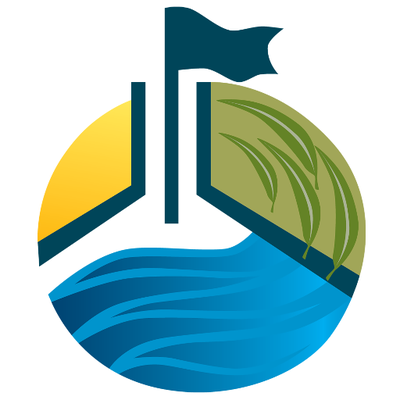
Molonglo Conservation Group is one of three community-based catchment groups in the ACT. All catchment group areas cross over the NSW border, however the Molonglo Catchment is largely in NSW. The catchment groups act as umbrella groups for the many Landcare and other natural resource management (NRM) interest groups in their geographical area.
- Visit: www.https://molonglo.org.au
- Email: programs@molonglo.org.au
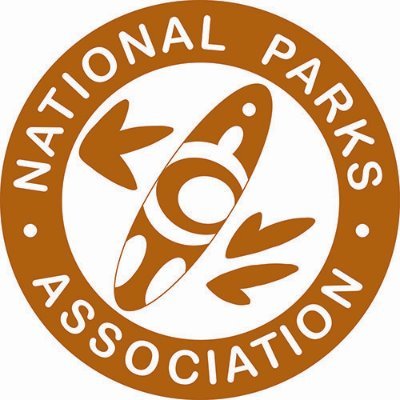
National Parks Association of the ACT plays an active role in conservation issues in the ACT. It is regularly consulted by the ACT Government on management and development plans for the Territory’s National Park, Nature Reserves, remaining bushland and rural leases. It commissions research and prepares independent reports and recommendations. It runs seminars on research topics affecting the environment. Members participate as volunteers for work parties in Namadgi National Park and Canberra Nature Reserves.
- Visit: http://www.npaact.org.au/
- Email: admin@npaact.org.au

Pedal Power is Canberra’s peak body which is the voice for cycling, cycle safety and cycle infrastructure in the ACT. Its mission is to get more Canberrans riding, more often, for a better community. Pedal Power represents around 7,600 members, and represents the interests of all people who ride bikes, and those who would like to. The organisation provides a range of services including advocacy, information on cycle safety, training courses, social rides and other events.
- Visit: http://www.pedalpower.org.au/
- Phone: 02 6248 7995
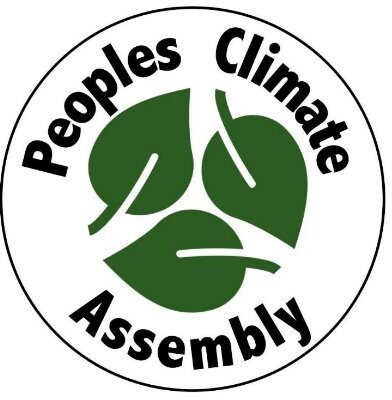
People’s Climate Assembly (PCA) is a coalition from a wide cross-section of climate and environmental groups who are working together towards the same goal, to help save our environment and ensure a renewable and sustainable future for all. Their mission is “to raise our voices as a collective to demand that the Australian Government declare a climate and ecological emergency NOW and take real and urgent action to protect our future”.
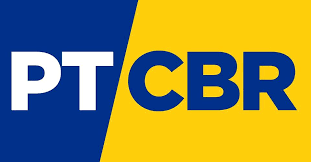
Public Transport Association Canberra (PTCBR) is a public transport users group with members from all sectors of the community. They are focused on improving access to public transport and making the passenger experience better. They lobby government and business groups associated with public transport and planning, and play a key role in the consultation process on these matters. PTCBR is an apolitical member driven organisation that holds regular public meetings and discusses public transport and planning issues on our Facebook group.
- Visit: https://ptcbr.org/
Red Hill Bush Regeneration Group is a volunteer parkcare group committed to restoring the native bushland ecology of the Red Hill nature reserve in Canberra. The group carries out bush regeneration work within the reserve every month and conducts other education and restoration activities relating to Red Hill.
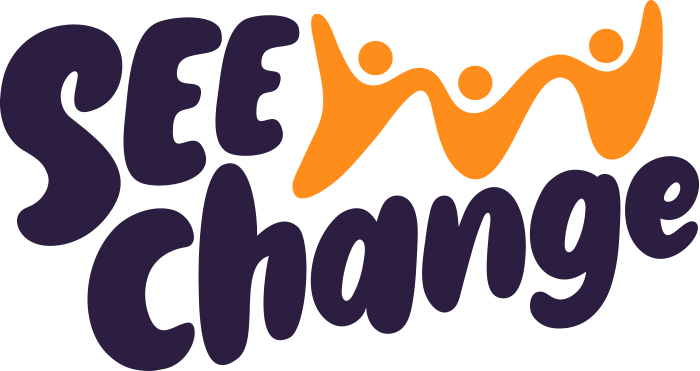
SEE-Change Inc The ‘SEE’ in SEE-Change stands for Society, the Environment and the Economy. This organisation’s mission is to inspire, inform and support action to reduce Canberra’s ecological footprint, improve the resilience of the ecosystem and enhance the wellbeing of all individuals. Its activities are practical in nature and are developed by local SEE-Change groups to best meet the needs and interests of their local communities.
- Visit: http://www.see-change.org.au/
- Email: office@see-change.org.au
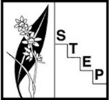
Southern Tablelands Ecosystems Park (STEP) is a non-profit organisation, which was founded by two organisations: the Australian Native Plants Society Canberra Region and Friends of Grasslands. The group was established to develop a regional botanic garden illustrating the ecosystems of the Southern Tablelands and emphasising ground storey plants and to further public education about regional ecosystems and develop practical skills and methods to restore natural landscapes.
- Visit: http://www.step.asn.au/
- Email: secretary@step.asn.au
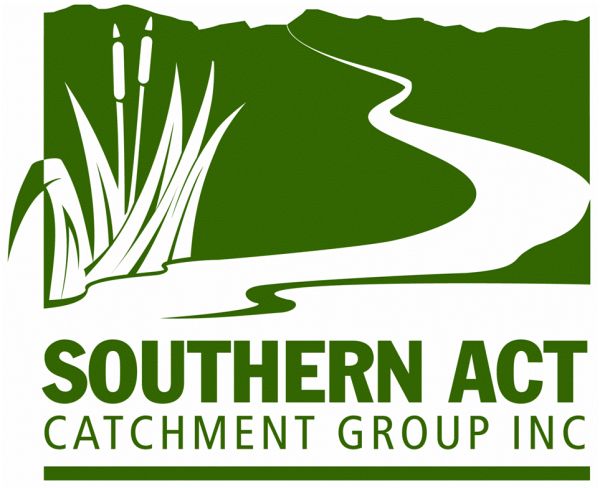
Southern ACT Catchment Group is one of three community based catchment groups in the ACT and covers the areas of Woden, Weston Creek, Tuggeranong and Tharwa. Supported by a Catchment Coordinator and a Waterwatch Coordinator the SACTCG provides a network for our member groups, helping in their development and operation, providing assistance with project ideas, funding opportunities and providing a community forum for ideas and discussion. Member groups originated from the ranks of Parkcare, Urban and Rural Landcare, Waterwatch and other community groups interested in the environment. The SACTCG is also involved in ‘sub-catchment planning’ that will enable priority issues to be addressed in a strategic way well into the future. Examples include community building, biodiversity, riparian plantings, weed management, soil health, water quality, European and Indigenous cultural heritage, vegetation loss and urban land degradation.
- Visit: http://sactcg.org.au/
- Email: info@sactcg.org.au
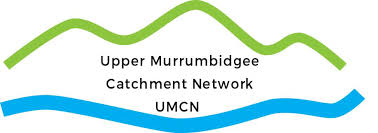
Upper Murrumbidgee Catchment Group (UMCG) is a cross-border community-based network made up of individuals and representatives from agencies and groups that are responsible for natural resource management in the upper Murrumbidgee catchment. Holds meetings quarterly.
- Visit: https://umcn.org.au/
- Email: contact@umcn.org.au
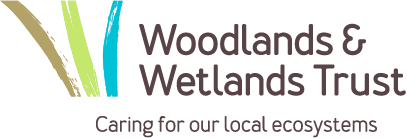
Woodlands & Wetlands Trust oversees the management and conservation of Mulligans Flat and other nature reserves. Activities can include woody and annual weed removal, seed collection from local native species, propagation and planting, removal of litter, biodiversity monitoring and erosion control and soil conservation works.
- Visit: https://mulligansflat.org.au/
- Email: gm@woodlandsandwetlands.org.au
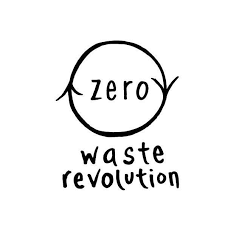
Zero Waste Revolution is a community organisation aimed at inspiring households to reduce their waste stream. The group’s purpose is to transform Canberra by sharing knowledge and inspiring change. The main activities of Zero Waste Revolution are to encourage information exchange. We connect people with the knowledge to reduce their waste footprint, in a way most appropriate to them. They also aim to actively inspiring change.
